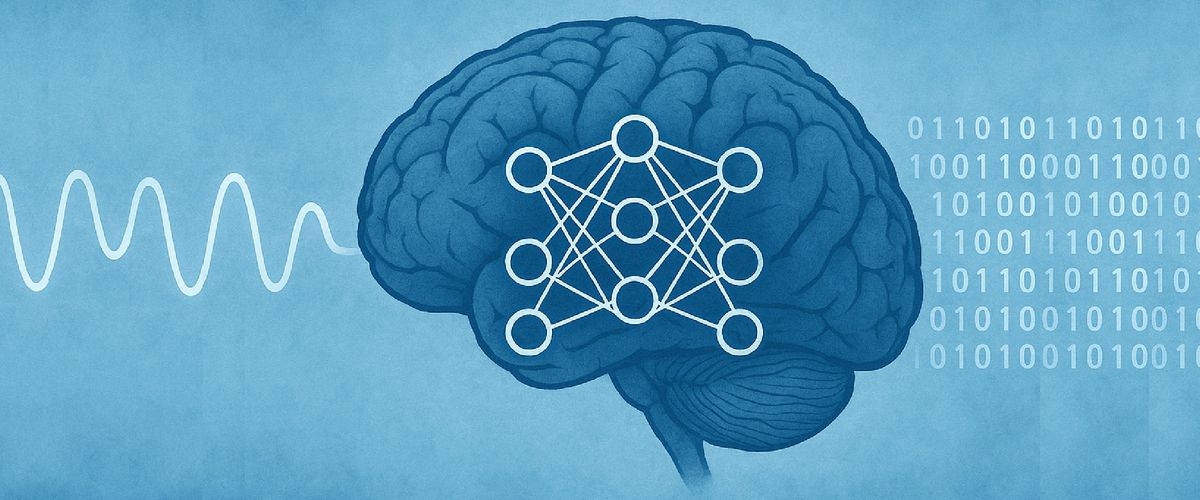Machine learning, INformation and Data Sciences
Our mission is research, education, and technology transfer in the area of machine learning and artificial intelligence with particular emphasis on sensing and processing of visual, auditory, bioelectrical, biomedical, energy, traffic, … data to enable autonomous navigation, robotics, smart environments, medical diagnosis and treatment, etc.
